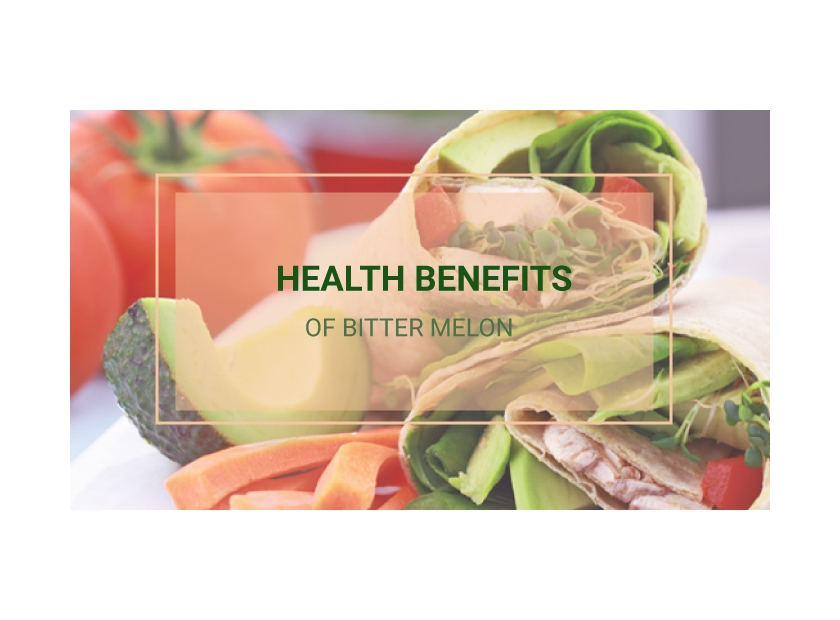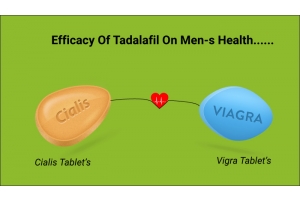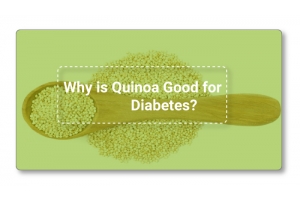Bitter Melon— All Geared Up To Neutralize Diabetes
Bitter melon or a bitter demon?
While bitter melon continues to be a demonic food item for kids and adolescents— courtesy its bitter attack on the taste bud; it’s one of the most recommended food items by the doctors.
You can’t blame kids for rejecting it; throughout the eras, our ancestors have failed to produce a single finger-licking recipe.
However it tastes; there’s a belief that “you have matured as a person if bitter melon has started to suit your taste.”
So, what has maturity got to do with liking bitter melon?
Well, it’s when you realize that it affects your health positively, and when you learn that your health has an association with the type of diet you intake, you are a matured person.
It’s the time for you to acknowledge that bitter melon sits at the pinnacle of green vegetables which look after diabetes.
Let’s hunt out its impact on the diabetic body.
Charantin— Keeps your glucose level in check.
If bitter gourd has therapeutic effects on your body; charantin should be held responsible for it.
Charantin is one of the most important active components of bitter gourd.
Discovered under the microscope of Lolitkar and Rao in 1960; the chemical continues to intrigue medical scientists for its potential health benefits as hypoglycemia properties.
If your sugar level shoots up without an invitation, Charantin-based bitter melon suppresses the high-sugar level, thereby limiting the increased level of sugar in the blood.
Here’s the broader proof regarding the same.
The review revealed that Charantin induces hypoglycemic-effect which stimulates the uptake of glucose by cells. [1]
The existing properties in the plants are reported to trigger the regeneration of pancreatic beta cells which mainly releases the insulin hormones and lowers the insulin resistance.
But here’s the catch— you should ingest Charantin beyond a certain level because charantin toxicity may plummet down your sugar level too low to bring comorbidities such as tiredness, dizziness, etc.
It’s sad on our part that we are still unaware of the exact dose which is optimally effective for the diabetic body.
Vicine— watch out for another hypoglycemic chemical.
Vicine— another chemical compound in the bitter gourd which has shown an affirming effect on the human body— needs your attention.
Vicine is also a hypoglycemic agent which reduces the insulin resistance.
When your body fails to produce insulin naturally, the glucose level surges up.
It is either a result of inheritance (natural) or your lifestyle (human-made) when the beta cells in the pancreas get destroyed.
As beta cells take a severe beating, the overall production of the insulin hormone deteriorates.
And we know that insulin resistance in the body deters glucose from entering into the cells, thereby enhancing the blood sugar level.
Vicine in bitter melon improves the responsiveness of beta-cells which release happily releases insulin for metabolizing glucose. [2]
But again, with excellent medicinal properties, we haven’t correctly figured out the ideal dose.
Polypeptide-p— long been studied as an anti-diabetic agent.
Not one or two decades, polypeptide-p has been a part of several anecdotes and reviews over the four decades to discover its link with anti-diabetic properties.
Again, it comes out to be as another hypoglycemic agent who challenges the high sugar level by agonizing the beta cells of the pancreas.
As glucose enters the cell and beta cells go into the sleeping mode (the primary insulin-producing cells), it often happens that they don’t wake up or take time to wake up, therefore reducing the insulin level in the body.
By that time, an exceptional level of glucose swims in the bloodstream, and there’s no insulin hormone to push the glucose in the cells.
Polypeptide-p either wakes up the beta cells in the pancreas or regenerates these cells so that your body has enough insulin level for converting glucose into energy.
One of the reviews indicates that polypeptide-p may activate the operation of beta cells in a diabetic body; however, there’s still a controversial doubt regarding the same. [3]
So, would you still hold reasons to avoid it? Do you have any likable recipe for kids? Let’s us know about it.








